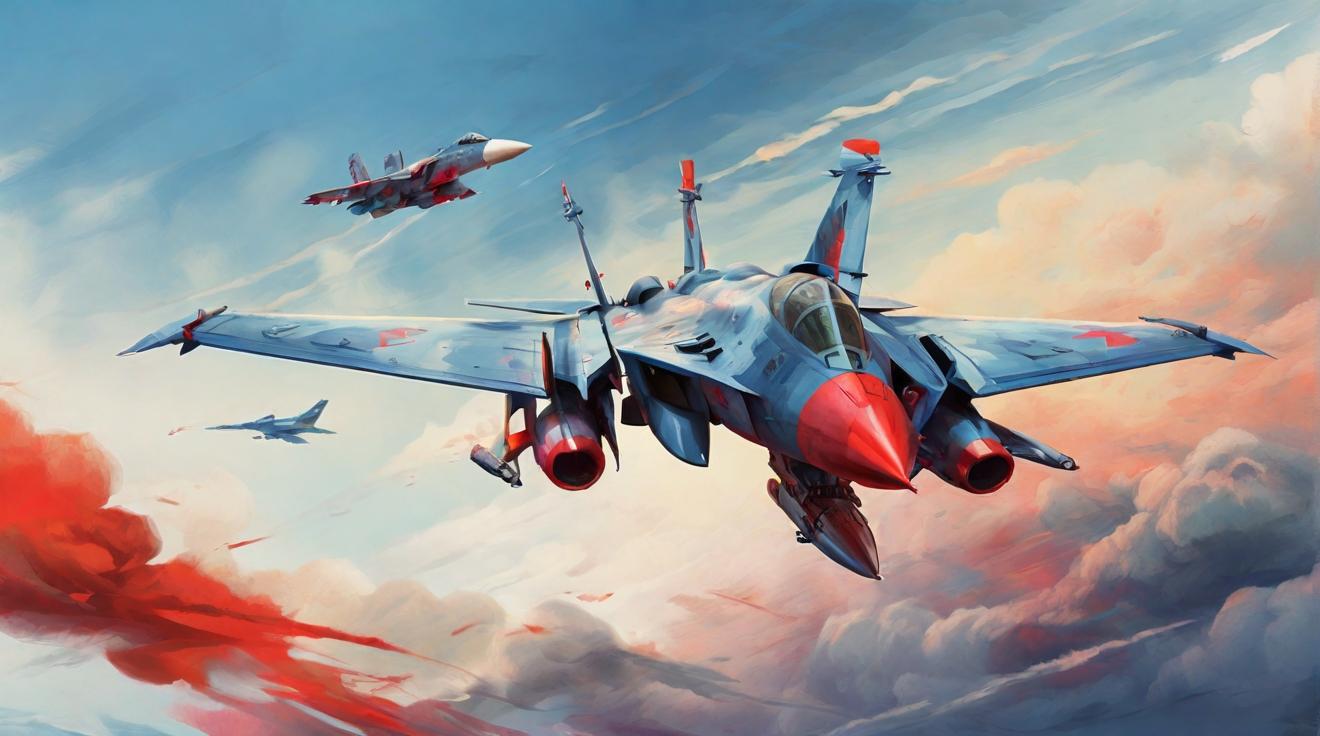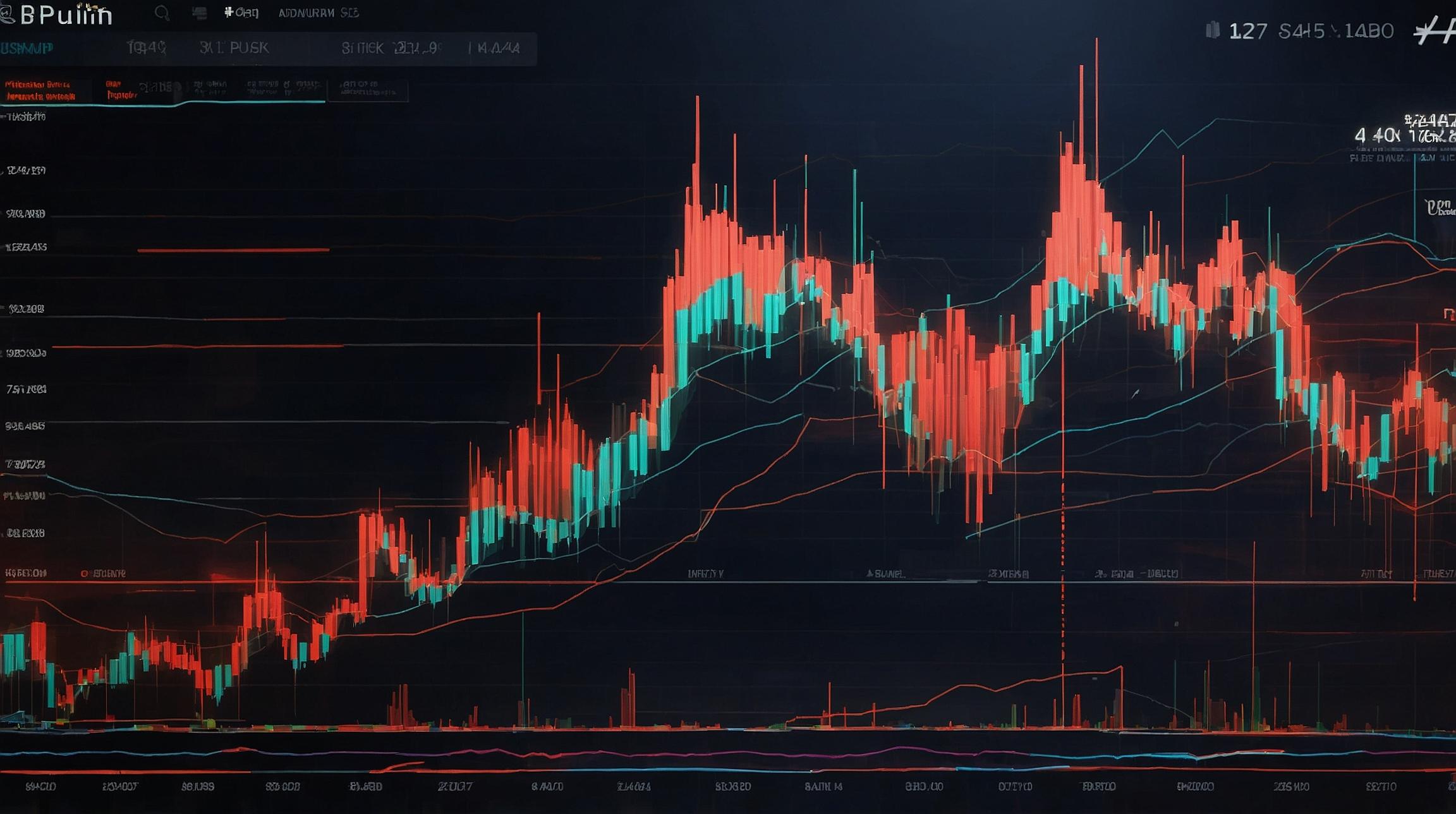Polish Prime Minister Calls for Enhanced Defense Investment Amid Growing European Tensions
In a recent interview that struck chords across Europe, Polish Prime Minister Donald Tusk emphasized the urgent need for Europe to bolster its defense capabilities, signaling a dire warning that the continent is unprepared for what he terms the "prewar era". This statement comes against the backdrop of increasing hostilities, most notably Russia's ongoing military operations in Ukraine.
Tusk's comments shed light on an unsettling reality. "I don’t want to scare anyone, but war is no longer a concept from the past," he articulated, referencing the Russian invasion of Ukraine as a stark reminder of the imminent threats facing the region. The situation has escalated, with Russia intensifying its military actions, including recent incidents where Russian missiles breached Polish airspace, a development that pushed Warsaw to escalate its military readiness.
In what appears as a retaliatory gesture, Moscow has ramped up its assault, targeting the Ukrainian capital, Kyiv, and crippling the nation's energy infrastructure. This aggression seemingly aligns with Ukraine's aerial responses within the Russian border region of Belgorod, marking a perilous uptick in the conflict's intensity.
The geopolitical tension further intensified when Italian media reported that Italian fighter jets stationed at a Polish military base intercepted two Russian spy aircraft over the Baltic Sea, a clear breach of NATO airspace. Although the incident ended without confrontation, it underscores the growing anxieties over national security among European nations.
Tusk's call for action is not merely a plea for reinforcement but a push for strategic alliances, particularly urging Poland, Germany, and France to unite in defense and support for Ukraine. He articulates a chilling perspective on the current state of affairs, describing it as "the most critical moment since the end of the second world war".
The call to arms and readiness extends beyond the immediate need for military strengthening; it's a call for mental preparedness for what Tusk believes is the onset of a new era dominated by geopolitical discord. He also criticizes Russian President Vladimir Putin for attributing the attack on Moscow’s Crocus City Hall to Ukraine without presenting any evidence, a move Tusk interprets as an attempt to justify the indiscriminate attacks on Ukrainian civilians.
Tusk's stark warning is a clarion call for Europe and its leaders to re-evaluate their defense strategies and diplomatic ties, acknowledging the grim reality that the shadows of war loom large once again over the continent. The urgency for a cohesive and robust response has never been more critical as nations grapple with the prospect of escalating conflicts that threaten the very fabric of European security and stability.
Analyst comment
Positive news for defense industry; negative news for European security. Market for defense equipment and services will likely see increased demand as European nations respond to growing tensions and prioritize defense investment. The market for energy infrastructure in Ukraine may be negatively impacted due to Russian aggression. Overall, market volatility is expected to increase as geopolitical tensions escalate.













